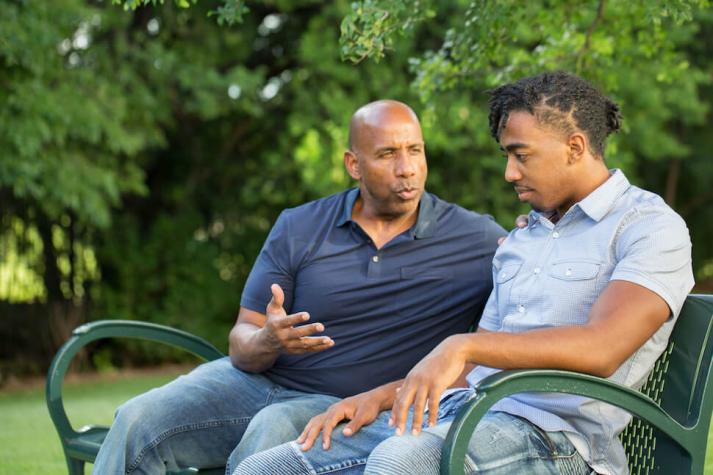The Health Care Directive is important document to have in place once a child reaches age of majority. This document grants someone (typically a parent) the authority to make health care decisions on behalf of your child if your child cannot do so on their own, as well as the right to obtain information regarding your child's health care from medical professionals and hospitals.
If your kid cannot make his or her own choices, it is essential to ensure that a reliable individual can make decisions on his or her behalf if this occurs. If your kid has reached the age of majority, you will no longer have the legal right to get information on his or her medical treatment or to make choices regarding that care unless you have made the appropriate designation in a health care directive. Basic planning documents contain, in addition to a Health Care Directive, the following:
- A Will or Revocable Trust, which is essential if, upon the death of your kid, he or she wishes his or her assets to belong to someone other than you—in the majority of states, parents are the default heirs if the dead individual does not have a spouse or children;
- A Power of Attorney, which, if it is necessary, grants someone the authority to make financial decisions on behalf of your child;
- A Living Will, which provides the person designated in the Health Care Directive with information about what your kid would want if your child is unable to voice his or her preferences and if your child is unable to express his or her wishes.
Manage Custodial Account
You may have opened custodial account in kid's name to save money for future needs such as education. When a child reaches the age of majority, which varies from state to state but is typically 21, that child immediately takes ownership of any custodial accounts established by you or anyone else. These can include bank and brokerage accounts holding stocks and bonds and other types of investments occasionally. Typically, stocks and bonds are held in a bank account.
Be aware that your kid will likely get a notification from most financial institutions regarding the custodial account not long before he or she reaches the age at which the account must be converted. If you are a parent whose child is approaching the age at which they must turn over their custodial accounts, ask yourself if you are comfortable with the amount of money your child will receive once the accounts are turned over. Some parents may be anxious about their children getting excessive money all at once without having the necessary life experience to manage it properly. You should talk to your counselor about the alternatives available if you are concerned about an upcoming change in the custodial arrangement.

Understand Minority Trusts
Instead of opening a custodial account for your kid, you can establish a "Minority Trust." Your kid must be allowed access to the assets held in the trust for a short time at the age indicated in the trust but no later than the age of 21. Your kid can cancel the trust and withdraw the funds during this period. You should get in touch with your adviser well before the age at which your kid is required to have reached the stipulated age if you have any worries about the consequences or want to explore tactics for reducing the possibility that assets will be allocated.
Think About The Same Implications For "Crummey" Trusts
You may have established a trust, that permits the beneficiaries to exercise a right of withdrawal about contributions made to the trust periodically. This type of trust is called a "right of withdrawal." Your responsibilities as a parent or guardian include managing your children's withdrawal rights while they are minors (i.e., you). When your kid reaches the age of majority, he or she is the one who has to be the one to receive withdrawal letters for the contributions, and he or she is the one who needs to decide whether or not to exercise withdrawal rights.
Bring To Light The Significance Of The Process Of Establishing Credit
Now that your kid is maturing into an adult in the eyes of the law, you should also consider getting him or her a credit card—either a companion credit card or a credit card of their own—to provide them the opportunity to start constructing a credit history and score. If your kid lives away from home and you are paying rent or room and board, you may want to put your child's name on separate bills for expenditures such as utilities or other expenses invoiced separately.





